The Changing Forms of Social Phenomena Today
In this talk, Ted Schatzki first describes the stream of social thought with which he is associated—theories of practices—before presenting a recently developed general framework for grasping contemporary sociodigital phenomena.
 Dr. Theodore Schatzki
Dr. Theodore Schatzki
Theodore Schatzki is professor of philosophy at the University of Kentucky. Additionally, he is a professor in the Department of Geography and, until September 2024, he is also professor of sociology at Lancaster University in the UK. Schatzki earned a BA in applied mathematics from Harvard University (1977) and graduate degrees in philosophy from Oxford University (1979) and UC Berkeley (1986). He joined the philosophy faculty at UK in 1986.
Schatzki’s research interests lie in theorizing social life. He is widely recognized for his contributions to the contemporary stream of social analysis called practice theory, which is active today in multiple disciplines including sociology, geography, organizational studies, education, anthropology, international relations, and history. Schatzki is the author of five single-authored monographs, the co-editor of six collected volumes, and responsible for almost ninety articles—and a slew of other pieces—on a wide range of topics in philosophy and social theory. He has received research support from the Fulbright Commission, the Humboldt Foundation, the ESRC (UK), and the Leverhulme Trust. Recent work concerns the digital shaping of associations, the notions of space needed to analyze digitalized social phenomena, and (with R. Friedland) a practice institutional analysis of blockchains, cryptocurrencies, and platforms.
Schatzki has taught a wide variety of courses at UK and other universities in philosophy, geography, sociology, social theory, and environmental studies. He has chaired nineteen PhD committees. Administratively, he has served as cofounder and codirector of the Committee on Social Theory (1989-2000), chair of the philosophy department (2002-2007), and senior associate dean in the College (2008-17). Currently, he is cofounder and co-organizer of a lively international practice theory community boasting over 500 members. In this capacity, he is coresponsible for reading room series, an online graduate course in practice theory, an annual conference, and occasional topical workshops, among other activities.
Schatzki has been a guest professor or researcher at numerous universities oversees including the University of Exeter, The Max Planck Institute for the History of Science in Berlin, Aalborg University Copenhagen, the Karl-Franzens University in Graz, the Institute of Advanced Studies in Vienna, Lancaster University, the University of Bristol, the University of Zurich, the University of Bielefeld, the Free University in Berlin, The Charles Sturt University in Australia, the Catholic University Eichstaett-Ingolstadt in Germany, and the University of Bergen. In the spring of 2018 he received an honorary doctorate from Aalborg University in Denmark.
A November 29, 2021 article in the Daily Nous based on the Scopus index listed Schatzki as the 13th most cited philosopher in the world in 2020.

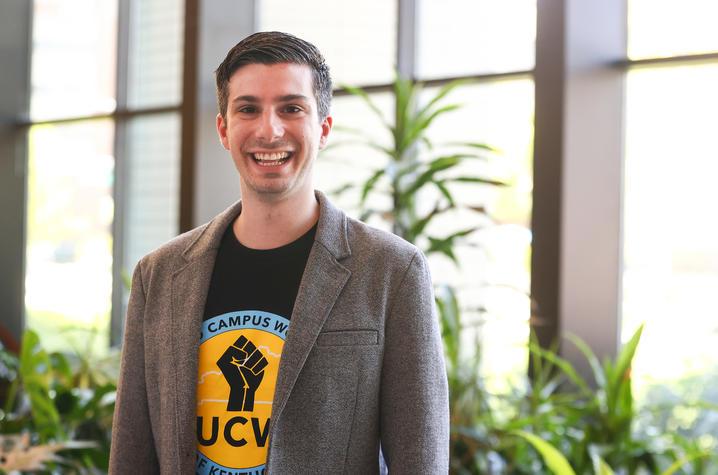
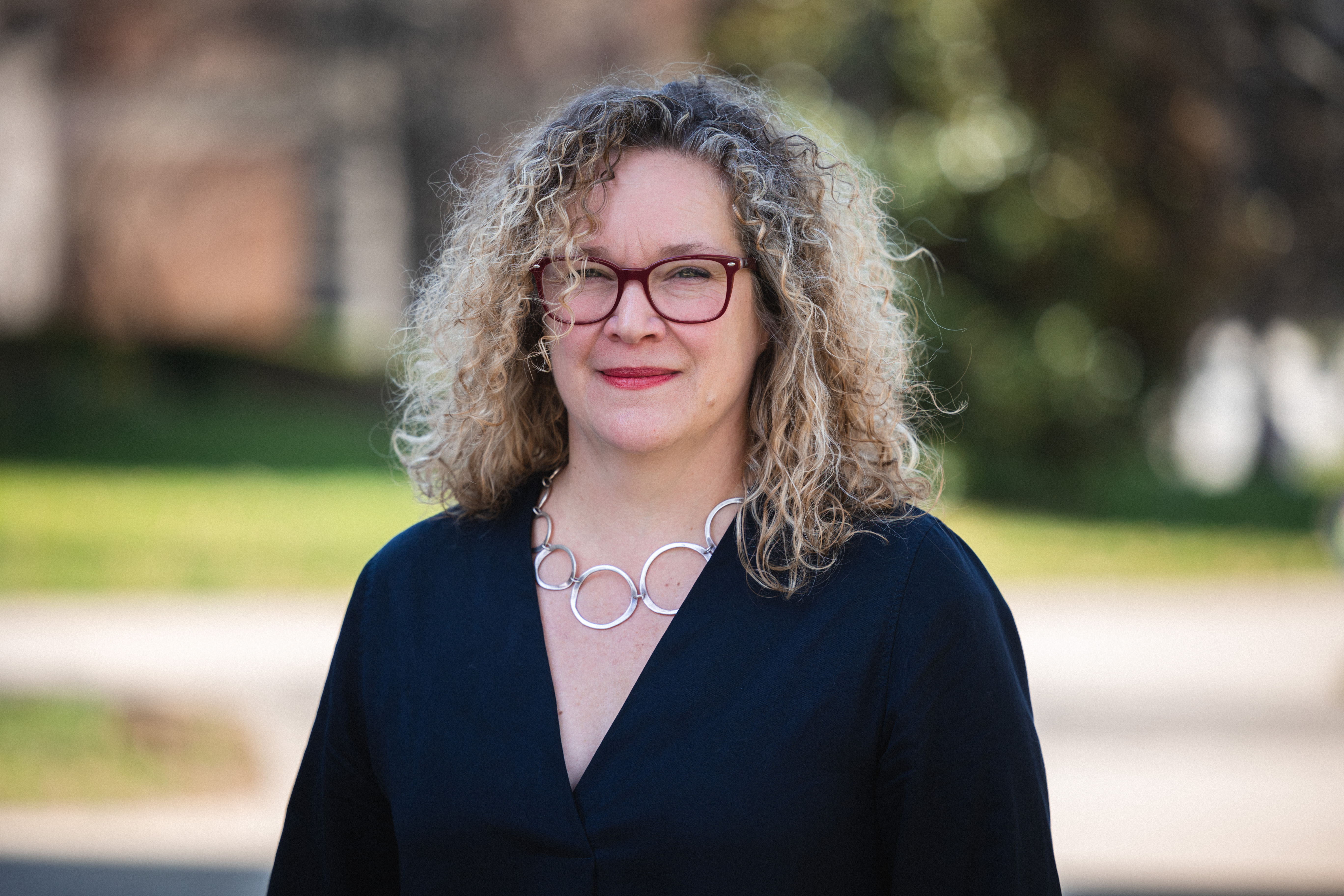
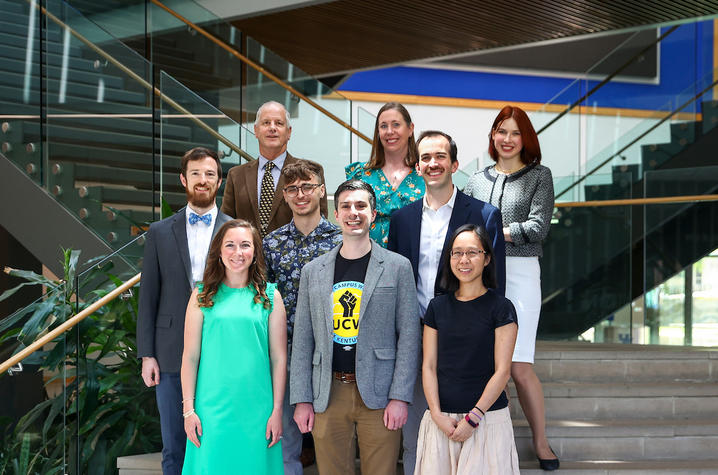
 Dr. Theodore Schatzki
Dr. Theodore Schatzki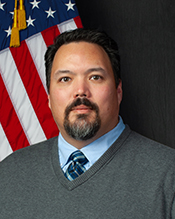

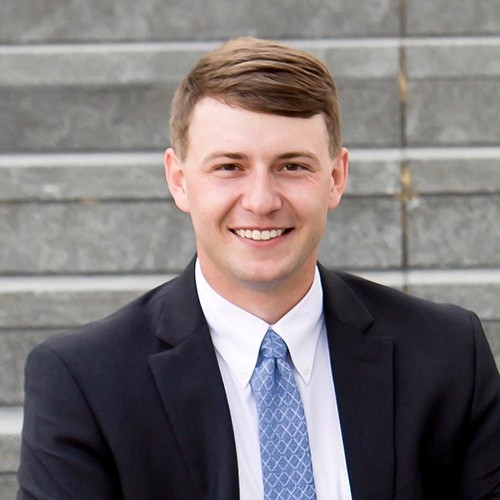
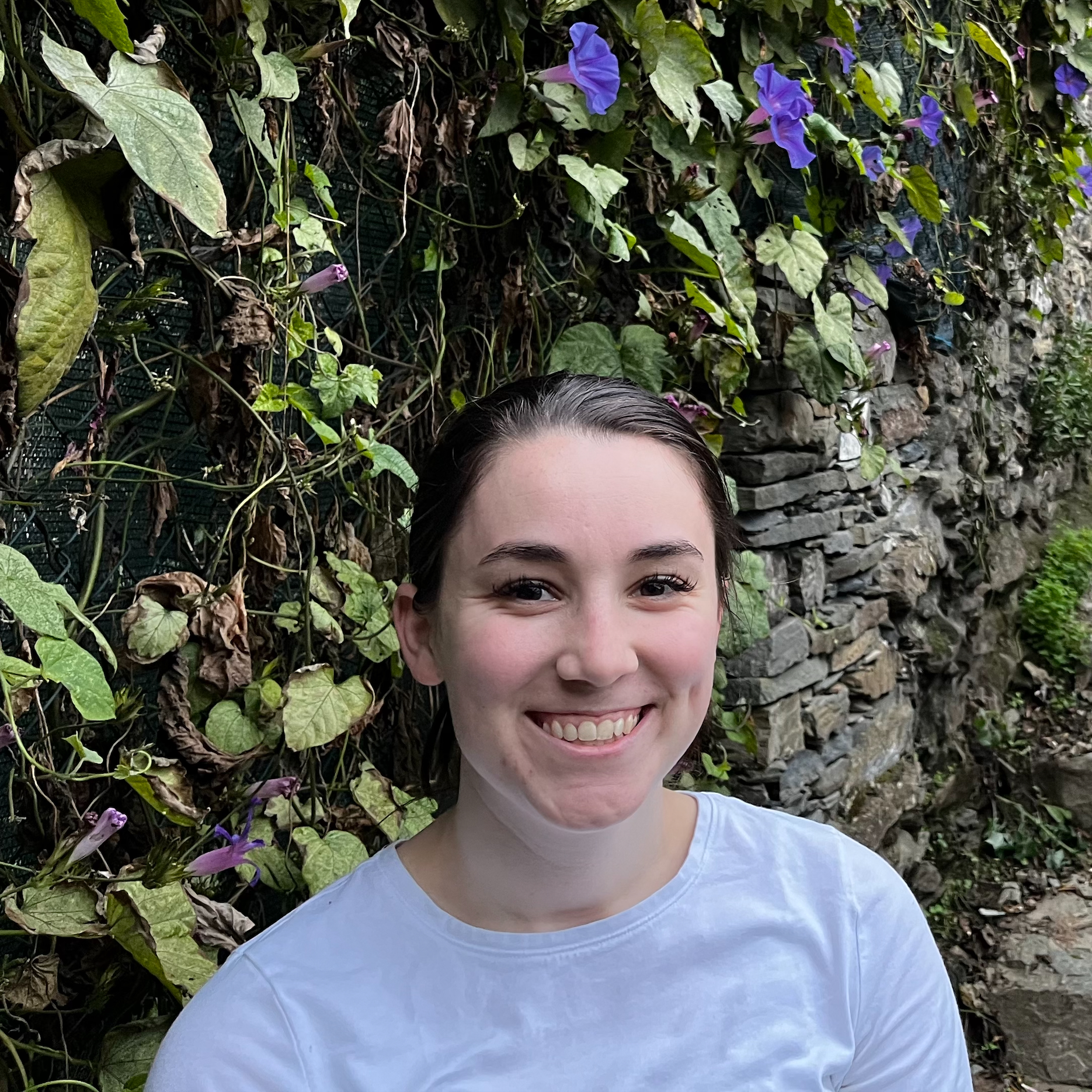 Geography and a minor in Mapping and GIS. During the summer of 2022, she worked as an intern with the Kentucky Geological Survey to aid with a sinkhole mapping project. After graduation she began working with NV5 as an Orthographic Imagery Technician and has been working at NV5 for a year and a half.
Geography and a minor in Mapping and GIS. During the summer of 2022, she worked as an intern with the Kentucky Geological Survey to aid with a sinkhole mapping project. After graduation she began working with NV5 as an Orthographic Imagery Technician and has been working at NV5 for a year and a half. 